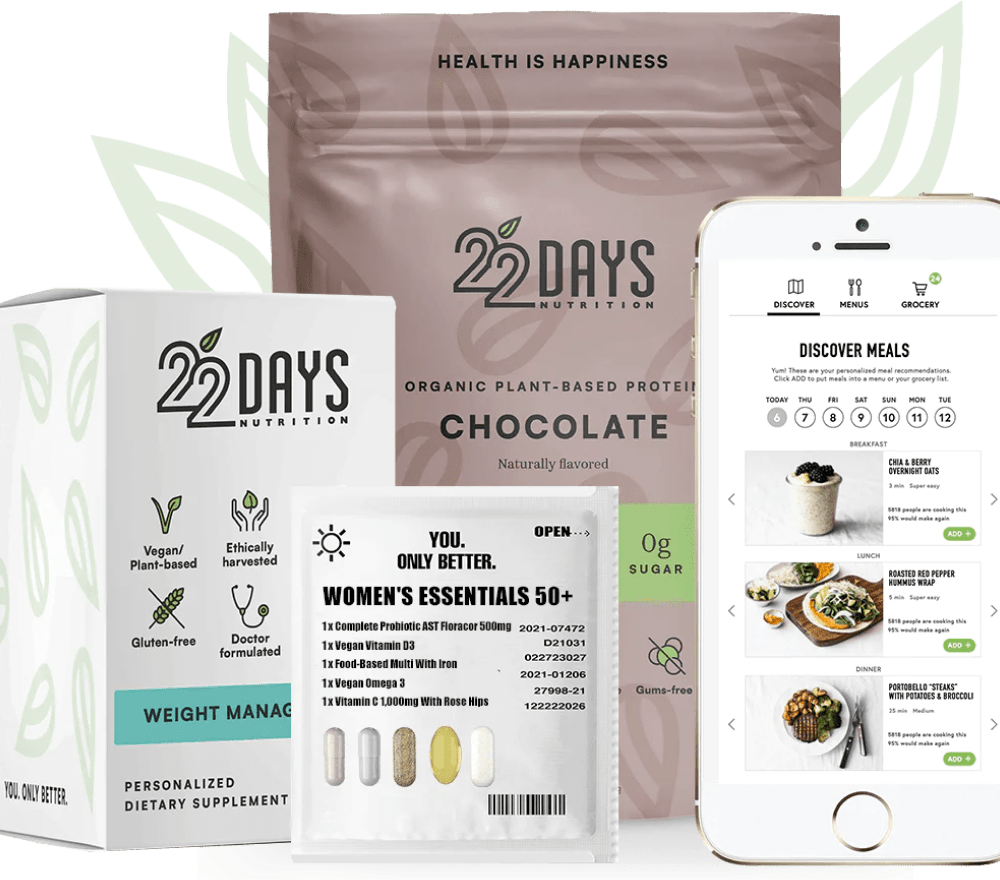The Health Benefits of Spirulina

Upon first hearing that this newly discovered, antioxidant-rich superfood is actually a type of algae many people may turn away, but resist! Spirulina is remarkably rich in minerals, vitamins, protein, and carotenoids – the antioxidant that can help prevent cell damage and keep you healthy. The primary caveat with adding spirulina to your diet is to ensure that you buy it from a trusted source. The reason for this is that algae, like many water-based plants, has the ability to absorb toxins it is in contact with; ensuring you source your spirulina from a reliable brand will guarantee that you are getting all the health benefits and none of the negatives. Here are just a few health benefits associated with regular consumption of spirulina:
Protein and Iron Source
Since spirulina consists of 65% amino acids, it makes for a great supplement for vegan diets requiring more protein. It also contains gamma linolenic acid which is an essential fatty acid commonly touted for its anti-inflammatory properties. Spirulina is a source of bio-available iron, which makes a good dietary addition for expectant mothers who want to avoid constipation issues associated with iron supplements.
Immune System Support
Spirulina (according to animal studies) can help improve your immune system by increasing the production of antibodies. In turn, this helps your cells fight infections to prevent or reduce illnesses, including chronic illnesses. Some tests have also indicated that spirulina can increase probiotics in the body to increase the amount of good bacteria to support digestion and other body functions.
Antioxidants
The antioxidant content of spirulina is over 4x that of blueberries – making it an excellent addition to health-conscious diets. In addition to carotenoids, spirulina is also a source of other antioxidant nutrients including phenolic acid, selenium, and vitamin E. This antioxidant-rich food source helps to protect the body from a range of illnesses and conditions; including heart disease, cancer, and diabetes. Spirulina is available in a powder or capsule form, and can be found in most health food stores or ordered online. Although you can mix with water, many people find the taste a bit overpowering and prefer to mix the supplement into smoothies or other foods. Healthy individuals are advised to take 2 teaspoons per day. If you are suffering from an illness you may want to increase to 2 tablespoons per day to give your body the added immune-boosting power. If you have any current health concerns, you should discuss with your doctor prior to consuming spirulina. Otherwise, enjoy the health benefits! Photo: Barb Dunn





